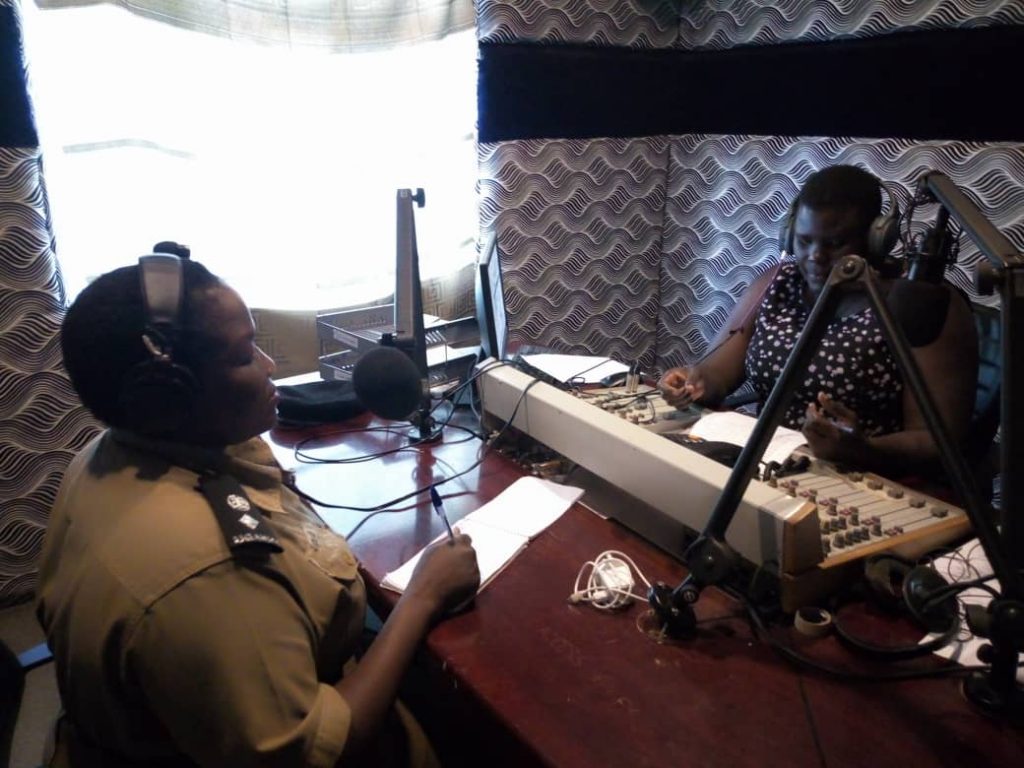RHU champions addressing gender-based violence during pandemic
Women sexual and reproductive health (SRH) champions in Uganda are leading efforts to protect women and girls from sexual and gender-based violence (SGBV) in their communities during the COVID-19 pandemic.
As women leaders, they are uniquely placed to be agents change – working to break the silence and stigma around SGBV; changing harmful attitudes and behaviour; and promoting women’s and children’s rights. They are also well known and respected in their respective communities in Hoima (western region), Arua (northern region) and Kapchorwa (western region), so victims of abuse and domestic violence feel comfortable and safe turning to them for help.
As in many other countries across the continent, Uganda has seen a significant rise in incidences of rape, defilement, and intimate partner violence since the government issued strict lockdown measures to contain the outbreak of COVID-19. The issue attracted national attention, when at the height of the lockdown in early May, President Yoweri Museveni in a televised address expressed his dismay at the increasing cases of domestic violence against women and children.
The 113 SRH champions who include women pressure group leaders and peer educators were trained by IPPF’s member association in Uganda -Reproductive Health Uganda (RHU), on SGBV, women’s and children’s rights and how to support survivors in their communities. Through their networks, the champions identify and reach out to women and girls encountering physical, sexual and psychological violence, and support them by linking them to health facilities for care, counselling and psychosocial support, as well as to the police and legal services for redress.
RHU provides the champions with airtime for their phones so that they can keep in touch and follow-up with the survivors of abuse and help them in their healing process. They also receive SMS and distress calls from victims of abuse at night, and many have had to provide them with temporary accommodation as they tried to resolve the conflicts in their relationships.
The member association also facilitates talks shows with local radio stations – Radio Hoima (in Hoima), Elgon FM Radio 94.5 (in Kapchorwa) and Access Broadcasting FM (in Arua) where the champions engage in discussions around strategies for preventing domestic violence in their communities. They discuss the root causes of SGBV, its harmful consequences and the importance of promoting women’s and children’s rights. They also emphasize the crucial role of involving men in preventing GBV and the need for positive role models for men and boys in the community.
Some of common topics covered during the radio shows include: gender roles and division of labour in the home during the lockdown; the needs and rights of children; where to access GBV services during the pandemic; family planning and where they can get sexual reproductive health services during the lockdown. The talk shows are participatory and very popular with the audiences dialing in and asking questions.
